
Courageous Conversation with Chaplains
Webinar Recordings
On Thursday, April 30, 2020, American Baptist Women’s Ministries (ABWM) hosted a Courageous Conversation with Chaplains. Chaplains are on the frontlines of spiritual care during COVID-19. Participants received resources to provide pastoral care and support to their communities. Panelists discussed the ethical and theological issues that have arisen during COVID-19. Since spiritual caregivers are not able to be physically present, participants were encouraged to think more about using scripture and their words more effectively and compassionately. Those in need are not always looking for answers but are seeking companionship, theological exploration, and assurance that comfort will come. Panelists also shared self-care practices that included prayer meditation, maintaining a healthy diet, exercise, and music.
Watch the Recording:
This webinar recording is free to watch, but donations are welcome. Your donation will allow American Baptist Women's Ministries to continue providing programs, resources, and leader training for ministries with women and girls.
Click here to make a donation.
Webinar Highlights:
1. How does a pastoral caregiver provide ministry without physical presence?
-
Calling patients
-
Thankful for technology
2. What ethical and theological issues have risen during COVID-19?
-
Home is not a safe place for everyone – domestic violence
-
What is community? What is ministry?
-
Theodicy
-
Ethics of visiting patients
-
See the staff: Acknowledge the staff and a place for them to go to
-
Share your gifts with staff (music, arts, etc)
-
Clinical Moral injury-awareness, focus. How can we be really present, even over the phone?
3. What new collaboration and new connections are you finding in this environment? New or different inter or intra hospital/organizational relationships?
-
Change the way we (EMT) do business: encourage patients visit their doctor rather than going to the hospital
-
Different experience in rural America –compared to the larger cities
4. What are your self-care practices?
-
Daily walks
-
Exercise
-
Self-care in the morning
-
Light a candle & say a prayer
-
Eating healthy & lunch outside
-
Music
5. How are you staying connected to other chaplains?
-
Meeting with other chaplains weekly
-
Posting on Facebook
-
Connecting via zoom
6. What practical tips can you offer to pastoral care providers during this time and beyond?
-
Mask & soul
-
Lean on your sense of listening – listen to the silences
-
Introduction phone call to the patient’s loved ones;
-
Introduce yourself as a part of the care team, rather than the chaplain
-
Assume whoever you are talking to is vulnerable – they maybe home schooling, sick and unable to get a test, etc.
-
Do your best not to get overwhelmed/burn out
-
Check in with people
7. How can chaplains be supported doing this time?
-
Prayer
-
Forums to talk about the needs and concerns -- Space to meet weekly
-
Opportunity to talk
-
Being able to accept everyone
-
Checking in on chaplains you know
-
Chaplains don’t make good patients – just pause & listen
-
Offer to drop off meals
8. In this crisis, public health decisions fall under the direction of local public health officials. Chaplains and ministers may attend to people who are making or are affected by difficult legal and financial decisions? Have you been faced with this? What suggestions can you provide for spiritual comfort for those making decisions? What suggestions can you provide for spiritual comfort for those affected?
-
Funeral services are not possible; loves ones are not allowed to see the body
-
Honor loved ones after COVID-19—how to do this, use the funeral home? Service?
A question for the panelists: how has your response to those who say "why me" or why did God let this happen?" change as you moved from in person to over the phone?
Resources
Panelists included:
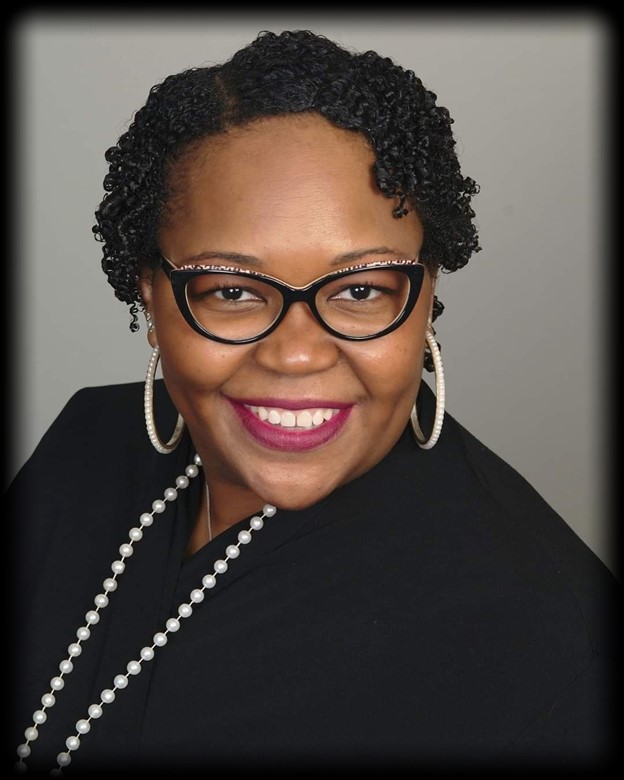 Rev. Angel Sullivan
Rev. Angel Sullivan
Staff Chaplain
St. Joseph’s Hospital-Bay Care Health Systems
Rev. Angel Sullivan is an American Baptist-endorsed chaplain, serving as a Staff Chaplain at St. Joseph’s Hospital-Bay Care Health Systems, in Tampa, Florida. She grew up in Rochester, New York, earning a college degree in Communication/Visual Communication (1995), followed by a Master of Divinity from Colgate Rochester Crozer Divinity School (2004). For one year during her seminary experience she served as AB Women's Ministries intern, helping the board to learn about issues important to young women. From 2012-2015 she served as an adult member of the AB GIRLS National Leadership Team, and she led ABWM’s “Transformed by the Spirit” Action Learning Team, which addressed ABWM’s challenge to engage younger generations of women in its ministries.
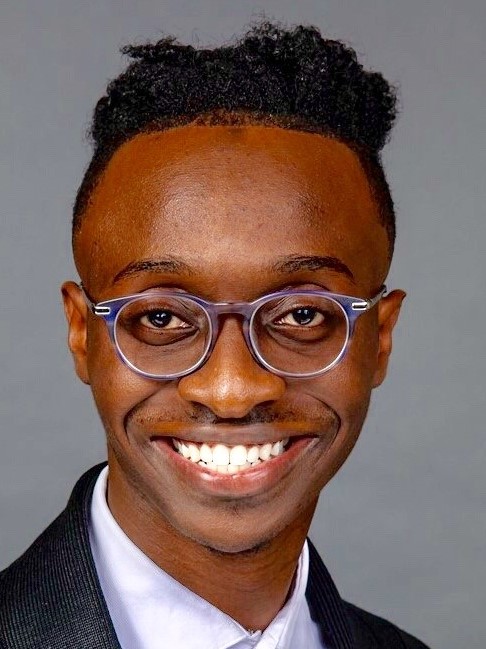 Samuel Yenn-Batah
Samuel Yenn-Batah
Manager of Pastoral Care
Penn Medicine Princeton Health, Plainsboro, NJ
Sam Yenn-Batah provides spiritual care and emotional support primarily to staff at Penn Medicine Princeton Health. In addition to serving as the Manager of Pastoral Care, Sam also provides Clinical Pastoral Education (CPE) to chaplains while serving on committees related to workplace violence, diversity and inclusion, and bio-medical ethics. Sam also enjoys playing saxophone and recording music as often as he can.
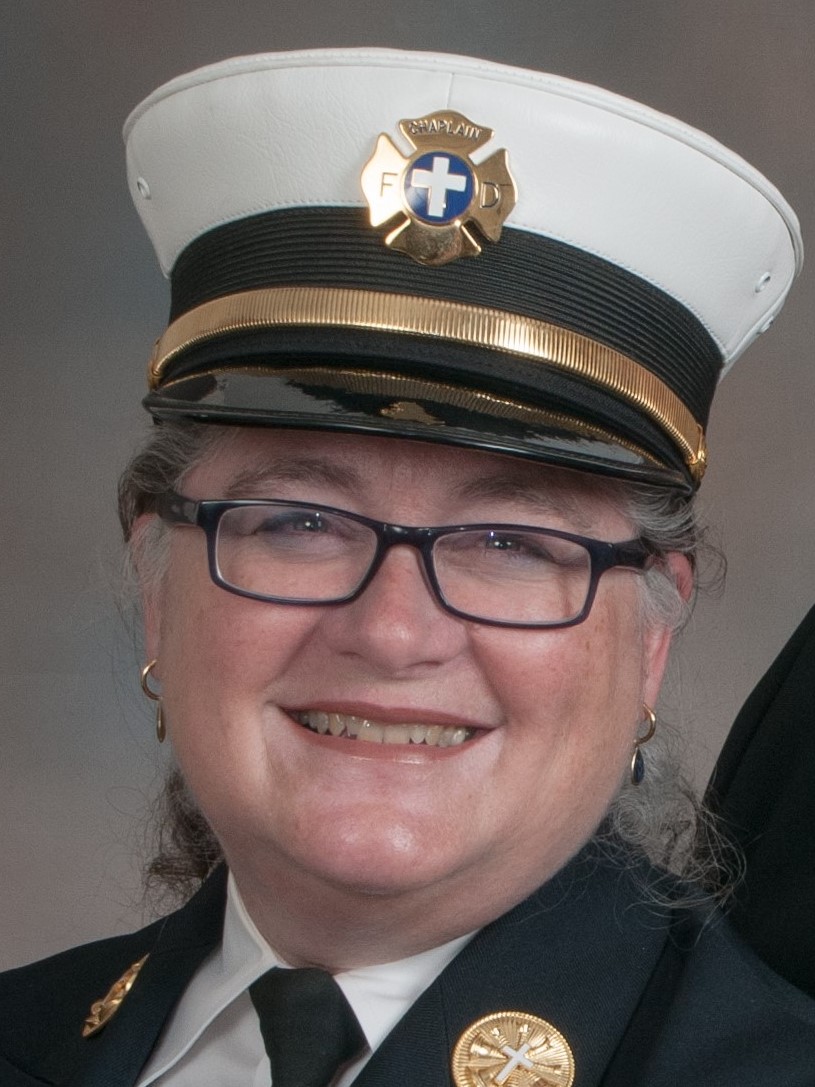 Rev. Barrie-Lyn Foster
Rev. Barrie-Lyn Foster
Pastor of the United Church of Genoa in New York State
FASNY & CNYFA Fire Chaplain
Rescue Captain AVFD
Rev. Barrie-Lyn Foster is pastor of the United Church of Genoa in New York State. Ordained in 2014, she is also currently chaplain to FASNY, CNYFA, AFDSNY, AVFD, and the Rescue Captain for her own fire department. Previously Pastor BL has served as an assistant chief, fire commissioner, and chief chaplain for the NYSAFC, Inc. and pastored several churches in central New York. She and her husband, who is a past Fire Chief, are the proud parents of five children that have given them fourteen grandchildren that are an absolute joy to their hearts.
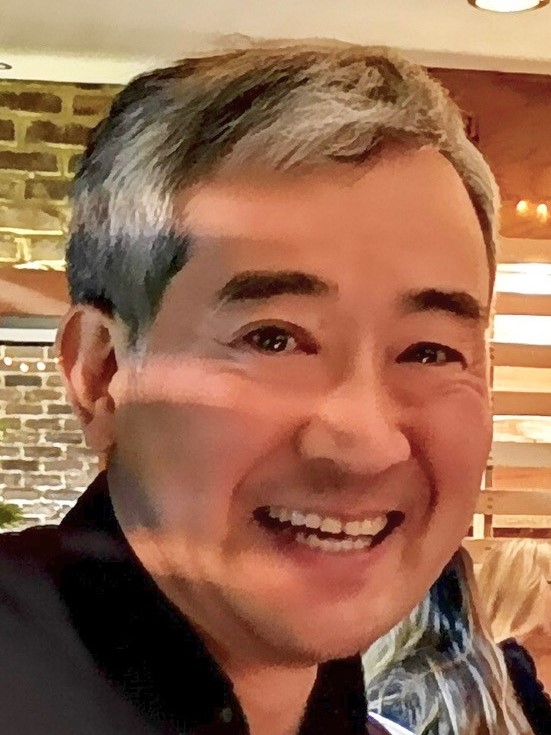 Rev. Kei Okada
Rev. Kei Okada
Program Manager, End-of-Life Spiritual Care
Visiting Nurse Service of New York Hospice and Palliative Care in New York City
Kei was born in New York City, raised in Kanazawa, Japan; has been residing in New York City since 1984. Graduated from Sophia University in Tokyo with BA, School of Visual Arts in New York with BFA, and received Master of Divinity from Union Theological Seminary in New York.
Kei worked as a staff chaplain at the Pediatric AIDS clinic at NY Presbyterian Hospital Weill Cornell, and worked as a Pastoral Counselor at Housing Works Adult Day Health Care programs for the homeless living with HIV/AIDS. Since 2006, Kei has been working at Visiting Nurse Service of New York Hospice and Palliative Care in New York City. Currently he is their Program Manager, End-of-Life Spiritual Care.
Kei is a Board Certified Chaplain with the Board of Chaplaincy Certification Inc. (an affiliate of Association of Professional Chaplains (APC)), and is an ordained minister of American Baptist Churches USA. In recent years, he has published articles and presented lectures and workshops on End-of-Life Spiritual Care both in U.S. and in Japan.
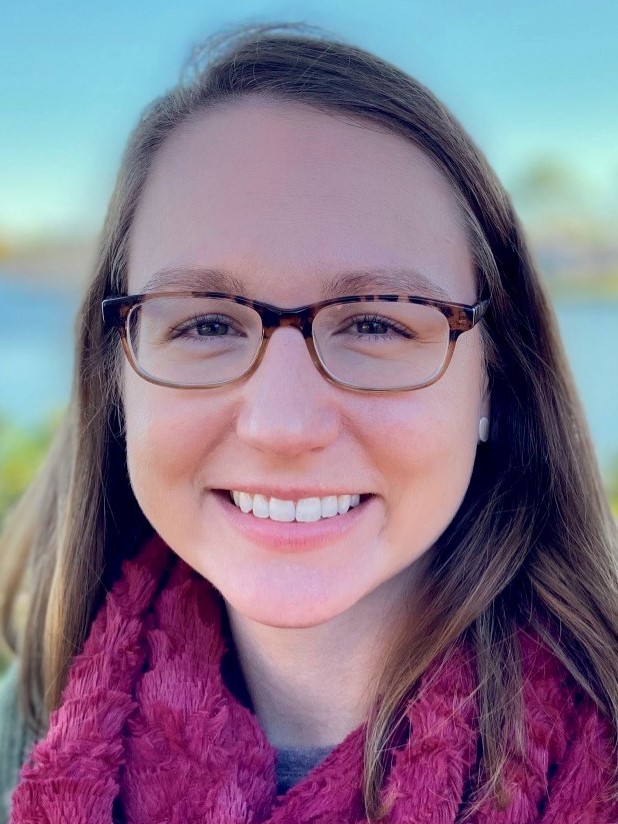 Rev. Emily Phillips Davis
Rev. Emily Phillips Davis
hospice chaplain
VITAS Healthcare
Reverend Emily Phillips Davis is an ordained minister in the American Baptist Churches USA. Originally from Memphis, Tennessee, she currently resides in San Antonio, Texas where she serves as a hospice chaplain with VITAS Healthcare. Previously, Emily has served in pastoral ministry in churches in Texas and New Jersey. She holds a Master of Divinity degree from Princeton Theological Seminary and four units of Clinical Pastoral Education. As a spiritual caregiver, Emily’s passion is one of creating sacred space for others to process their experiences, find healing, make meaning, and ultimately allow them to connect with God and with others.
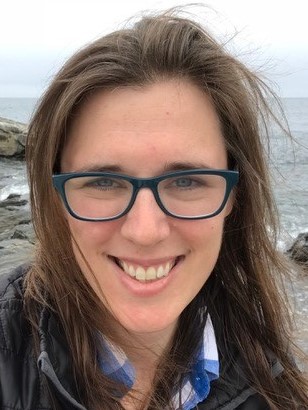 Rev. Caroline Steinemann Unzaga
Rev. Caroline Steinemann Unzaga
Interim Pastor of Wyoming Presbyterian Church
Certified Educator Candidate at Princeton Medical Center
Rev. Caroline Steinemann Unzaga was born and raised in Atlanta, Georgia and is a cradle Presbyterian. Caroline attended college at the University of North Carolina-Chapel Hill where she majored in Business Administration and Romance languages. Following graduation, Caroline served for almost three years in the mission field in Argentina, where she volunteered as a Chaplain Assistant and taught English. Caroline sensed a call to ministry and returned to the US to study at Princeton Theological Seminary. During this time, she interned at Brick Presbyterian Church in Manhattan and Frontera de Cristo on the U.S./Mexico border. She found herself invigorated by ministry in these different settings, especially when visiting and supporting those in crisis and transition.
As an ordained Presbyterian minister, Caroline has engaged in the ministries of faith formation and pastoral care, serving in both the parish and in the hospital context. Within the hospital context, Caroline specialized in chaplaincy in behavioral health, working in the VA system and then the NJ state psychiatric hospital system. In the parish she has served in the areas of youth ministry, congregational care, and transitional ministry. Currently, Caroline is the Interim Pastor of Wyoming Presbyterian Church, as well as a Certified Educator Candidate at Princeton Medical Center.
Caroline values participation in the larger community. As such, she has served in various leadership roles within the Presbyterian Church. Currently she serves on a Presbyterian study team reporting on the socio-economic factors driving migration from Central America. She also serves her home community as a town council member.
Caroline lives in northern New Jersey with her husband, their two children, and their dog. In her free time, she enjoys reading, exercising, and spending time with her family.